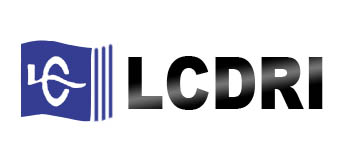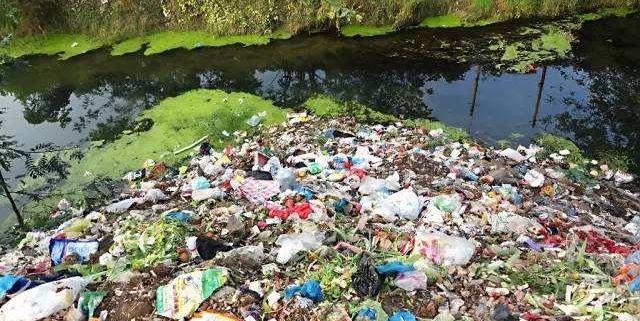1. Dry garbage, also called inorganic garbage (recyclable garbage):
It mainly includes five categories of waste paper, plastic, glass, metal and fabric, and also includes waste vehicles, household appliances and furniture, decoration waste, coal ash slag, muck, broken bricks and ash, etc. Most dry garbage can be Use after recycling. Waste paper mainly includes newspapers, periodicals, books, various packaging papers, office papers, advertising papers, paper boxes, etc., but it should be noted that paper towels and toilet papers are not recyclable due to their strong water solubility. Plastics mainly include various plastic bags, plastic packaging, disposable plastic lunch boxes and tableware, toothbrushes, cups, mineral water bottles, toothpaste skins, etc. Glass mainly includes various glass bottles, broken glass pieces, mirrors, light bulbs, thermos bottles, etc. Metals mainly include cans, cans, etc. Cloth mainly includes waste clothes, tablecloths, face towels, school bags, shoes, etc.
2. Wet garbage, also known as organic garbage (including kitchen waste, etc.):
It is waste that is easily decomposed under natural conditions, including leftovers, bones, root vegetable leaves, rotten fruits, melon peel, coffee and tea residues, eggshells, peanut shells, bread, cereals, garden and plant waste, crop straw , Bones, seafood shells, shrub branches, small wooden blocks, small wooden strips, waste paper, animal fur, hair, discarded feces and other food wastes, composted in situ by microbial fermentation treatment technology.
3. Harmful garbage:
Substances that cause direct or potential harm to human health or the natural environment, including waste batteries, waste fluorescent tubes, waste water silver thermometers, waste paint buckets, corrosive detergents, waste small electronic products, medical waste, radioactive waste, expired Drugs, pesticides, etc., these wastes need special treatment.
4. Other garbage:
Including bricks, ceramics, muck, toilet waste paper, paper towels and other wastes other than the above-mentioned types of garbage, hygienic landfill can effectively reduce the pollution of groundwater, surface water, soil and air.



